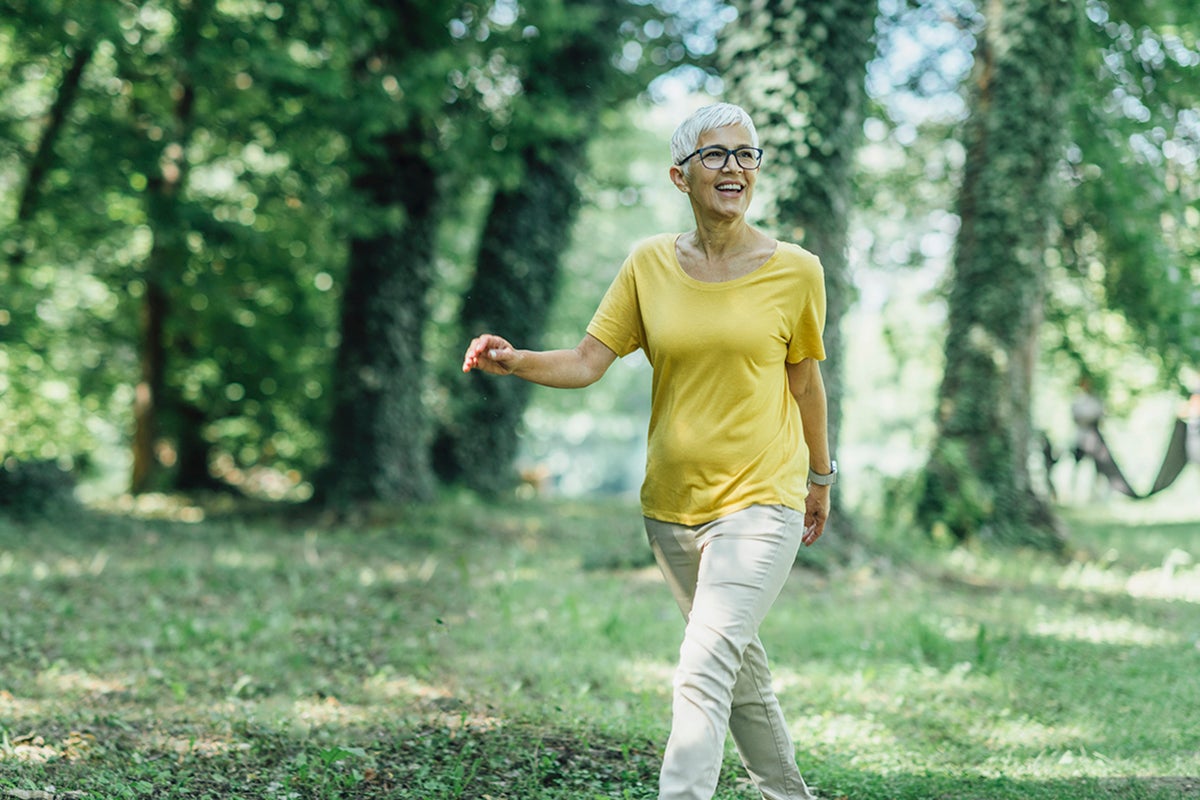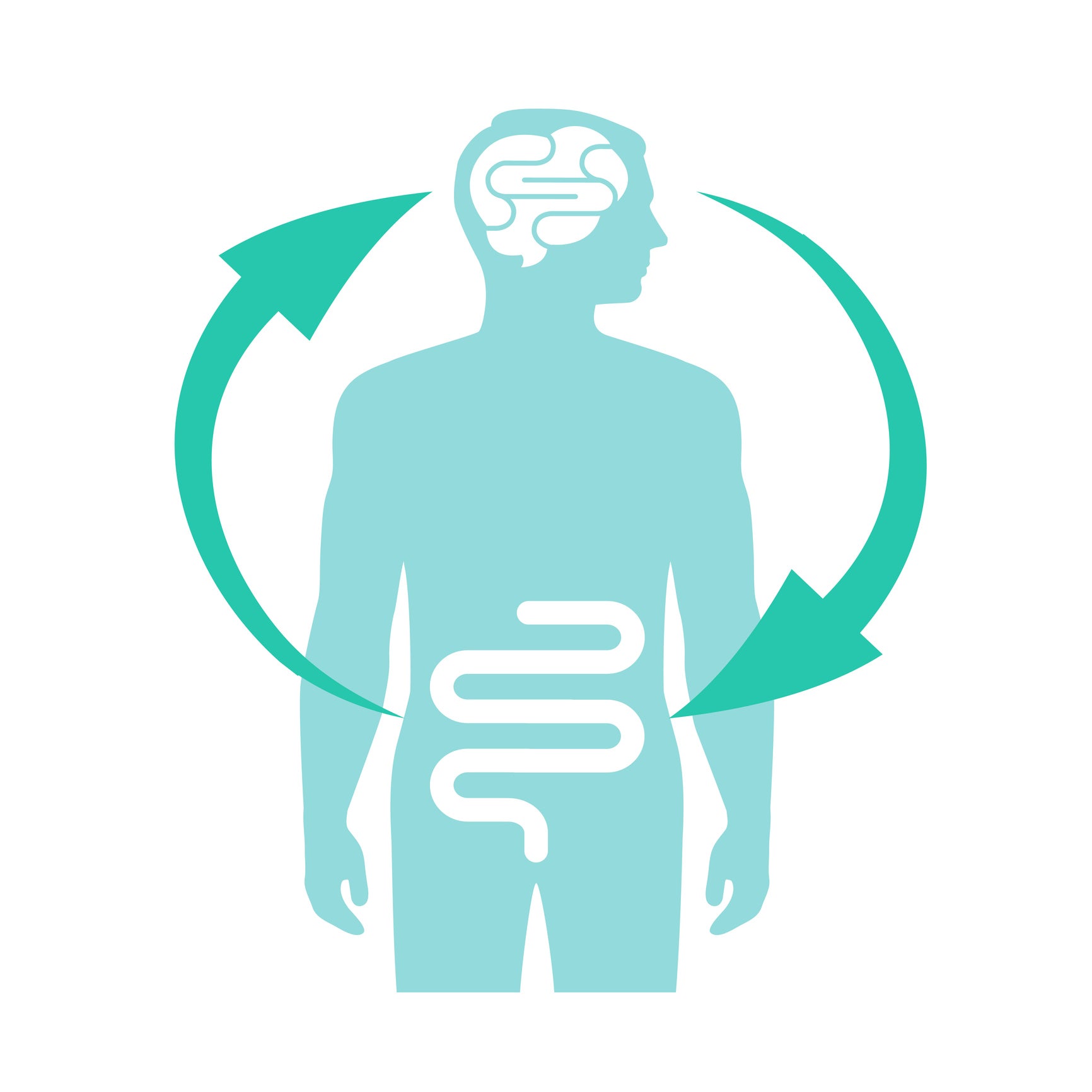Associations of global and specific components of positive psychological well-being with mortality risk: Findings from two cohort studies.
Park Y, Guimond AJ, Crosswell AD, Kubzansky LD.
Appl Psychol Health Well Being. 2024 Jul 08. PMID: 38978336
Dr. Laura Kubzansky is Professor of Social and Behavioral Sciences and Director of the Society and Health Laboratory at the Harvard T.H. Chan School of Public Health. She also serves as co-Director of the JPB Environmental Health Fellowship Program and is a sitting faculty member at the Harvard Center for Population and Development Studies. Dr. Kubzansky received her Ph.D. (social psychology) from the University of Michigan, and completed a two year postdoctoral fellowship in social epidemiology as well as obtained her M.P.H. at the Harvard School of Public Health. Dr. Kubzansky has published extensively on the role of psychological and social factors in health, with a particular focus on the effects of stress and emotion on heart disease. She also conducts research on whether stress, emotion and other psychological factors help to explain the relationship between social status and health. Other research projects and interests include a) studying the biological mechanisms linking emotions, social relationships, and health; b) relationships between early childhood environments, resilience, and healthy aging, and; c) how interactions between psychosocial stress and environmental exposures (e.g., lead, air pollution) may influence health.
Dr. Kubzansky has advised numerous masters, doctoral and postdoctoral students as a mentor, academic advisor and dissertation committee member. She is a Fellow in the American Psychological Association, and the Academy of Behavioral Medicine Research. She has served as Senior Advisor to the Robert Wood Johnson funded Positive Health Research program, as a member of the Healthy People 2020 Health-Related Quality of Life and Well-Being Workgroup, and of the American Heart Association, Science of Well-Being Expert Panel. She is PI or co-investigator on a wide variety of grants funded through the Veterans Administration, Robert Wood Johnson Foundation, EPA, NIH and others.
Park Y, Guimond AJ, Crosswell AD, Kubzansky LD.
Appl Psychol Health Well Being. 2024 Jul 08. PMID: 38978336
Barnard ME, Poole EM, Huang T, Sood AK, Kubzansky LD, Tworoger SS.
Am J Epidemiol. 2024 Jul 05. PMID: 38973733
Chen Y, Okereke OI, Kim ES, Tiemeier H, Kubzansky LD, VanderWeele TJ.
JAMA Psychiatry. 2024 Jul 03. PMID: 38959002
Koga HK, Grodstein F, Williams DR, Demeo DL, Kubzansky LD.
J Psychosom Res. 2024 Jun 22. 184:111851. PMID: 38964200
Ng AE, Kubzansky LD, Guimond AJ, Trudel-Fitzgerald C.
Health Psychol. 2024 Jun 17. PMID: 38884978
Liu J, Roberts AL, Lawn RB, Jha SC, Sampson L, Sumner JA, Kang JH, Rimm EB, Grodstein F, Liang L, Haneuse S, Kubzansky LD, Koenen KC, Chibnik LB.
Psychol Med. 2024 May 27. 1. PMID: 38801090
Scoglio AAJ, Choi KW, Nishimi K, Sampson L, Koenen K, Roberts AL, Jha S, Kubzansky LD.
Psychosom Med. 2024 May 17. PMID: 38573019
Huang T, Zhu Y, Shutta KH, Balasubramanian R, Zeleznik OA, Rexrode KM, Clish CB, Sun Q, Hu FB, Kubzansky LD, Hankinson SE.
J Clin Endocrinol Metab. 2024 May 17. 109(6):e1434-e1441. PMID: 38092374
Scoglio AAJ, Nishimi K, Choi KW, Koenen KC, Sampson LA, Jha SC, Kubzansky LD.
PLoS One. 2024. 19(5):e0297169. PMID: 38713693
Koga HK, Grodstein F, Williams DR, Buchman AS, Kubzansky LD.
J Gerontol B Psychol Sci Soc Sci. 2024 May 01. 79(5). PMID: 38430551
In a Harvard Chan School study of loneliness and stroke risk, older adults who experienced chronic loneliness had a 56% higher risk of stroke than those who consistently reported not being lonely.

Hayami Koga, MPH ’16, PhD ’23, is exploring how a Japanese philosophy of hospitality and mindfulness can help workplaces become more psychologically healthy environments.

An optimistic attitude may help women slow age-related physical decline.

Laura Kubzansky, professor of social and behavioral sciences, argues that prosociality is a critical, but underappreciated, factor affecting population health—and that public health researchers and practitioners should invest more resources to better understand it.

A new study from Brigham and Women’s Hospital and Harvard Chan School investigated the relationship between PTSD, diet, and the gut microbiome, and found that participants who adhered to a Mediterranean diet experienced decreased PTSD symptoms.
